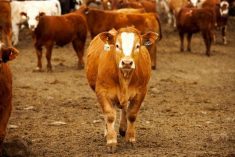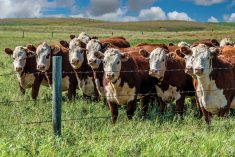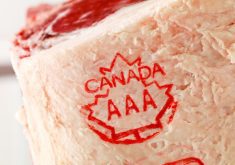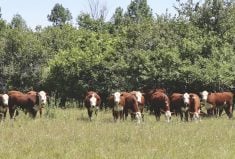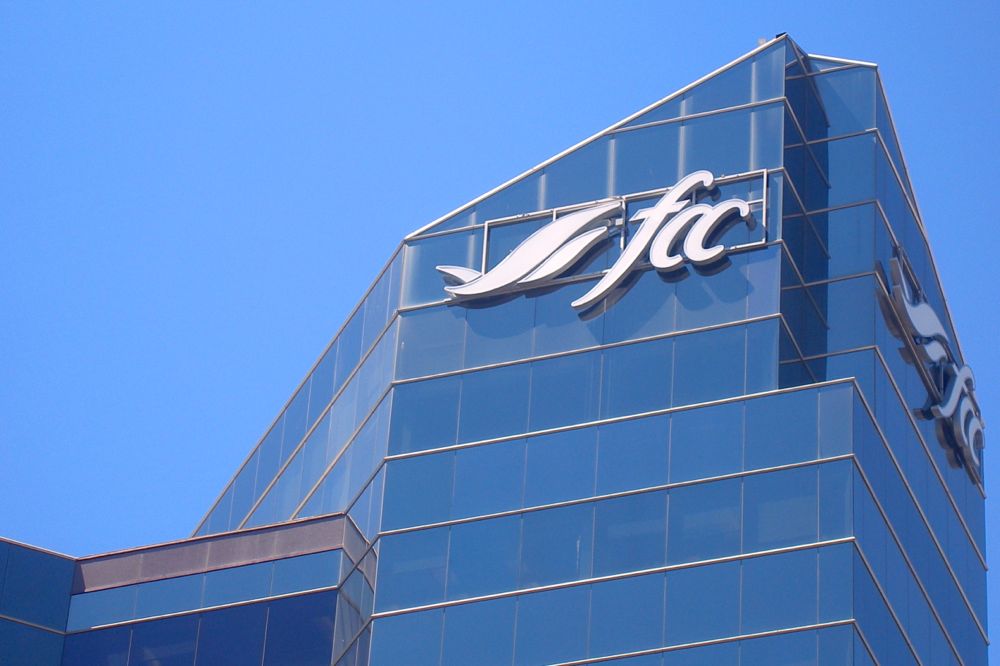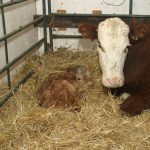In order for McDonald’s to sell “verified sustainable beef,” someone will have to do the verifying — but questions remain about whether the favoured candidate is up to the job.
“One of the reasons that McDonald’s chose to do the (pilot) project in Canada was because of the foundations like BIXS, the environmental farm plans, and VBP (Verified Beef Production),” said Fawn Jackson, manager of environment and sustainability for the Canadian Cattlemen’s Association.
BIXS stands for Beef InfoXchange System, which provides carcass data to producers who enter their cattle into the database. The idea was that by adding animal care, environmental, and food safety data — all of which will be part of an expanded VBP — buyers like McDonald’s would be able to source cattle that met its sustainable beef protocols.
Read Also
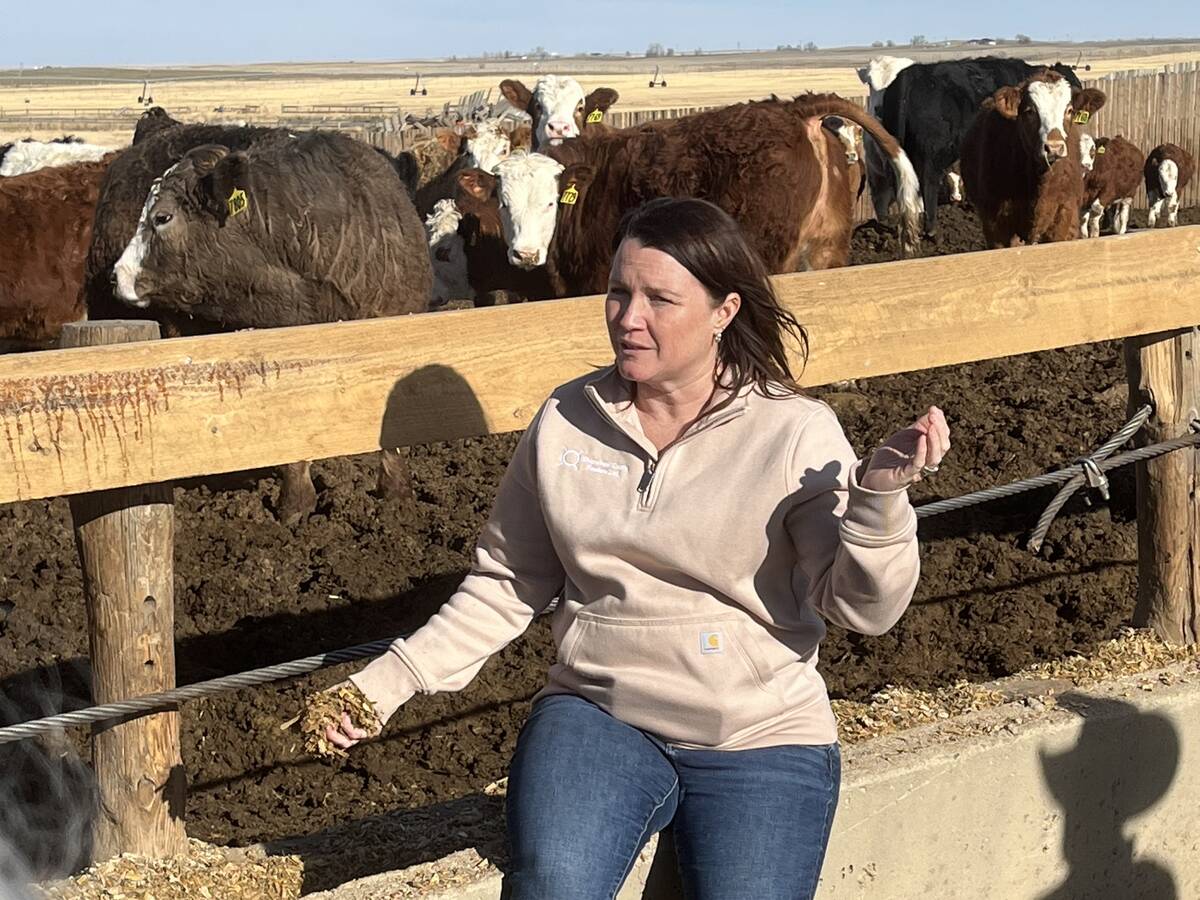
Roots of Resilience: The 50-year evolution of Shipwheel Cattle Feeders
Alberta’s Shipwheel Cattle Feeders is one of Canada’s pioneers in holistic regenerative agricultural practices.
For that to happen, large numbers of producers must start using the system, but the BIXS national manager Larry Thomas refuses to say how many have signed up.
In August, Thomas said fewer than 1,000 producers were on the system, which was redesigned and relaunched last spring after numerous complaints the initial version was too cumbersome and prone to crashing.
Currently, only about four to six producers are signing up each week, but Thomas said he was pleased with that figure.
“That’s really neat from our standpoint because people have just been hearing about it from word of mouth,” he said.
The system is also being constantly improved, with two new versions released since BIXS 2.0 was launched in March, he said.
“You can test all you want in a testing environment, but when you go live and you have users come on, they find things that you don’t always in a demo testing site,” said Thomas.
The system was also pitched to McDonald’s officials at a meeting of the Canadian Roundtable for Sustainable Beef this fall.
“We went down and presented to their U.S. and Canadian officials in September in Kelowna,” said Thomas. “At that meeting, we presented everything and it looked really positive.”
BIXS was created by the Canadian Cattlemen’s Association, and the organization hopes it will be used for verifying sustainable beef production, said Jackson.
“In our liaisons with McDonald’s and Loblaws, we’re always looking to see how we can use these existing tools,” she said.
“I think the really great thing about the pilot project is that we can try a number of different options and tools. Certainly one of the things that we are anticipating them to try out in the pilot project is BIXS, although that may not be the only information transfer system used.”




